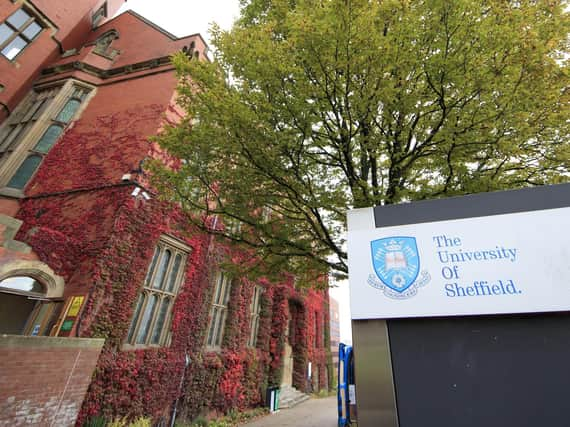Hope for women with incurable breast cancer thanks to clinical trial by Yorkshire researchers


During the trial, which is led by Professor Janet Brown at the University of Sheffield, researchers will monitor the immune response in 42 women with secondary breast cancer that has spread, after they are given Radium-223 and avelumab.
Professor Brown said: “Although Radium-223 and avelumab are approved for treatment of other cancers, they have not been previously used in combination for breast cancer patients.
Advertisement
Hide AdAdvertisement
Hide Ad“We hope that this trial will see this combination treatment improve the immune response to secondary breast cancer in the bones and other sites in the body, as earlier research has suggested it could.
“This trial is an exciting chance to see if we can make immunotherapy work better, causing tumours in the bone and other secondary sites to shrink, which would significantly improve outcomes for people with secondary breast cancer.”
An estimated 35,000 people in the UK are living with the disease, which is also known as metastatic or Stage 4 breast cancer.
Around 99 per cent of women diagnosed with stage one breast cancer survive for five years or more after diagnosis, but just 27 per cent of women with secondary breast cancer live that long.
Advertisement
Hide AdAdvertisement
Hide AdThey receive the diagnosis after cancer cells spread from the breast through the lymphatic or blood system.
The immune system plays an important role in destroying cancer cells but the cells can evade the immune system to survive.
Immunotherapies, like avelumab, are medicines that help the immune system to recognise and attack cancer.
It is difficult to target tumours in bones during radiotherapy but the radioactive drug Radium-223 can be more effective because it is absorbed by bone cells.
Advertisement
Hide AdAdvertisement
Hide AdDr Simon Vincent, director of research at Breast Cancer Now, said: “When breast cancer spreads to another part of the body such as the bones, brain, lungs or liver, it becomes incurable.
“We desperately need to find new and effective treatments for the thousands of women living with this devastating disease. Professor Brown’s research is particularly promising, as both Radium-223 and avelumab are already being used to treat people with other types of cancer.
“We therefore hope that if the trial is successful, this drug combination could be tested in larger trials and could improve the chances of survival for people with secondary breast cancer in the future.”
The trial is being funded by The Breast Cancer Now Catalyst Programme.